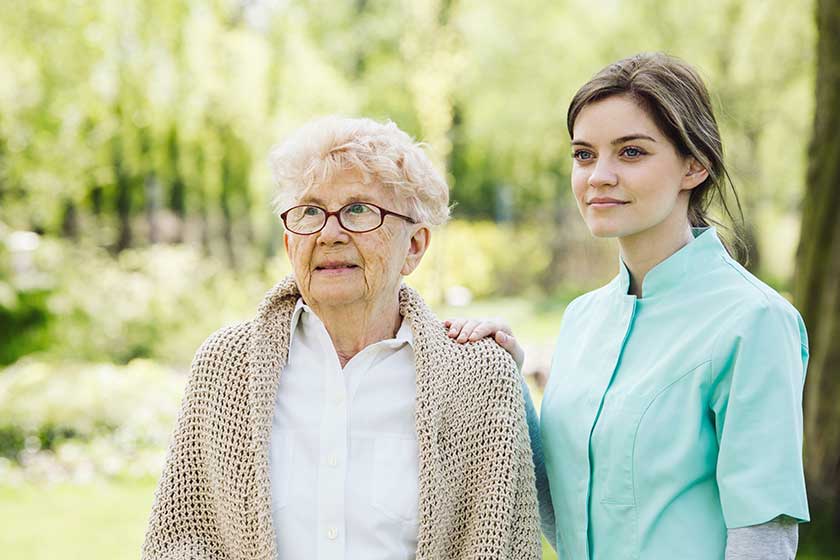As we age, our bodies become more prone to developing bedsores, which can be both painful and dangerous. Bedsores, also known as pressure sores or pressure ulcers, damage areas of skin due to prolonged pressure.
In Assisted Living in Pinehurst, NC, bedsores are a common problem that needs to be addressed. Fortunately, there are several effective ways to treat bedsores and prevent them from occurring in the first place. This blog post will explain six highly effective ways to treat bedsores.
Overview of Bedsores
Bedsores damage certain areas of skin due to prolonged pressure. They are commonly found on the skin around bony body parts, such as the elbows, heels, ankles, hips and back. Bedsores can range from mild to severe, depending on the level of damage to the skin.
The most severe cases of bedsores can cause infection and even death if left untreated. It is important to be aware of the signs and symptoms of bedsores to prevent them from occurring in the first place. Common signs and symptoms of bedsores include redness, swelling, pain, warmth and blisters. So, how can bedsores be treated? Let’s look at the different ways.
Maintaining Proper Skin Hygiene
Maintaining proper skin hygiene is essential in preventing and treating bedsores in Assisted Living in Pinehurst, NC. It is necessary to keep the skin clean by washing it with mild soap. It is also important to avoid scrubbing your skin harshly in order to prevent it.
Changing Sleeping Positions Frequently
It is important to change sleeping positions frequently to prevent bedsores. This includes changing positions every few hours and avoiding positions that put too much pressure on certain areas of the body. It is also recommended to use special pillows and cushions to support the body in different positions and provide extra comfort.
Using Pressure-Relieving Cushions and Mattresses
Pressure-relieving cushions and mattresses are another effective way to treat bedsores in Assisted Living in Pinehurst, NC. These special cushions and mattresses are designed to reduce the pressure on the body, which can help prevent bedsores. Choosing a cushion or mattress that is comfortable and provides adequate support to the body is essential.
Providing Proper Nutrition and Hydration
Providing proper nutrition and hydration is essential for treating bedsores in Assisted Living. It is crucial to ensure that your loved ones get the necessary vitamins and minerals and drink enough fluids in their diet. Eating a well-balanced diet and drinking plenty of water can help the skin stay healthy and reduce the risk of bedsores.
Using Medication and Creams
In some cases, medication and creams may be necessary to treat bedsores. Topical antibiotics, anti-inflammatory drugs and special creams can help reduce inflammation, pain and swelling. It is important to consult a doctor before using any medication or cream, as some medications may have side effects.
Regularly Monitoring Skin Condition
Finally, it is essential to regularly monitor the skin condition to detect any changes or signs of bedsores. This includes regularly checking for redness, swelling, pain, warmth and blisters. It is also important to watch for any symptoms of infection, such as fever, chills or pus. If any signs of infection are present, it is vital to seek medical attention immediately.







